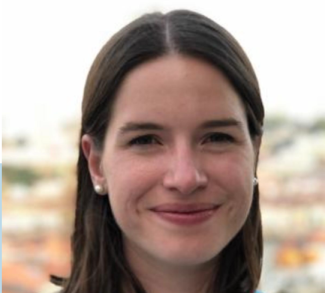Municipal solid waste and informal landfills in lower-income countries
This project aims to gather data on the disposal of municipal solid waste in informal landfills among low-income countries. Existing research relies on assumptions, making it hard to assess policy impacts, this project plans to directly measure these landfills on a large scale, providing policymakers with crucial information for long-term planning and regulation.
The objective of this project is collecting data on the disposal of municipal solid waste in informal landfills in low-income countries. Understanding the scale and trends of this practice will shed light on an understudied activity with substantial environmental and social significance.
Burning waste releases pollutants dangerous to human health, significantly contributing to poor air quality. Waste leakage has possible adverse effects on the productivity and sustainability of ecosystem services. Existing research on the scale of mismanaged waste relies on assumptions about per capita waste generation and improper disposal, making it difficult to study how policy changes affect waste management. We will be the first to provide direct measurement on a large scale of informal open-air landfills.
As countries develop, waste generation increases at a higher rate than incomes, creating pressure on urban landfills, causing many environmental and health consequences. Understanding the economics of solid waste management is a core area of interest to our partner governments. Many IGC partner country governments don’t have basic waste management data and many informal dumps are unknown to policymakers. Mapping the dumps will give policymakers the information needed to undertake long-term planning, regulation and modernisation.
We will combine crowd-sourced data, machine learning and econometric methods to create a novel time series of open air waste sites over 10 IGC countries between 2017-2022.
- Collecting thousands of sites, using these to train a machine learning model on satellite imagery to estimate prevalence of open air landfills.
- Develop stratified sampling and verification methodology based on the predictions of our model to ensure unbiased estimates.



